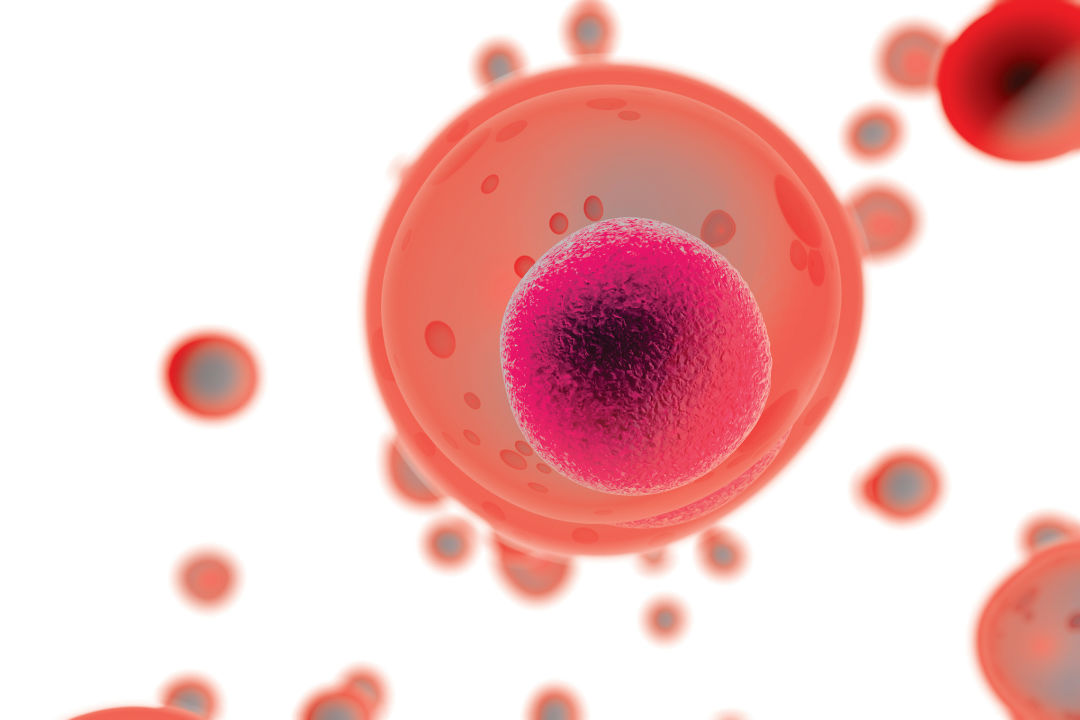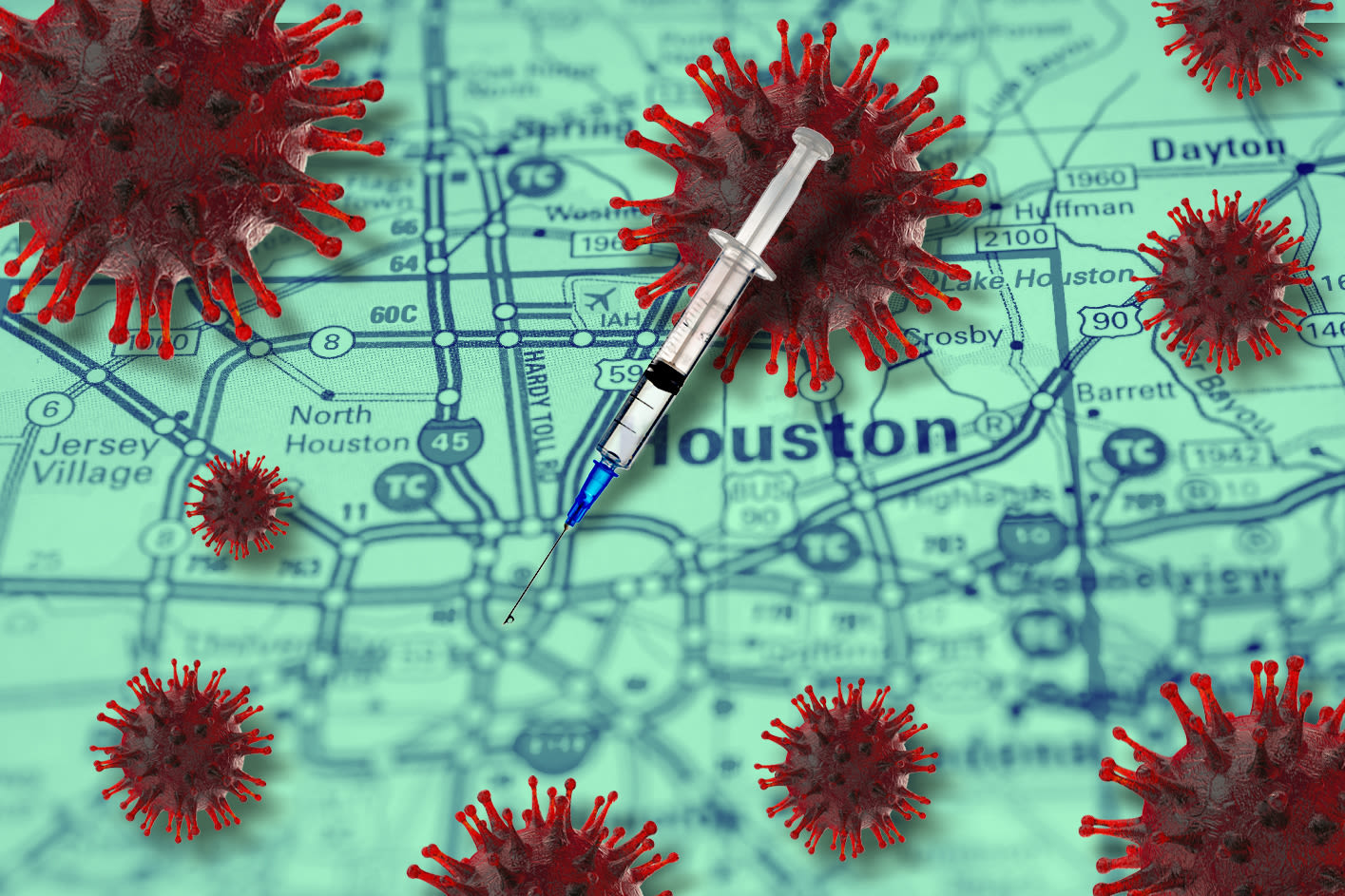Could This Device Help Save Covid-19 Patients Before the ICU?

T-cells attack cancer cells, and may help doctors determine how vulnerable a patient is to Covid-19.
ONE OF THE MOST DIFFICULT ASPECTS OF LIFE IN A COVID-19 world is the uncertainty. Not only are we facing an unseen opponent that we barely understand, but none of us know, should we contract the virus, whether we’ll be part of the group that barely registers any symptoms or if we’ll rapidly end up in a drug-induced haze on a ventilator in the ICU. More troubling still, neither do the doctors treating us.
What if there were a way to find out? Oncologist Dr. Cassian Yee of MD Anderson thinks the key to unlocking this mystery may very well be pumping inside our veins.
For more than 25 years Yee has been studying the use of T-cells, a type of white blood cell called lymphocytes, in his cancer research. “They are like soldiers that are trained by the body’s immune system,” he says. “They go to sites of disease, the battlefield, and coordinate an attack on the enemy, the virus or cancer cell. When their job is completed, they return to the barracks and keep vigilant for any further attacks.”
After reading reports that noted lower levels of T-cells in patients with severe cases of Covid-19, specifically those who experienced respiratory failure, the oncologist realized that developing a test to quickly determine a patient’s T-cell count could go a long way toward helping medical personnel predict which patients are more prone to experiencing the virus’s most deadly symptoms, long before doctors have to get machines to start breathing for them.
Technically this kind of lab test already exists, says Yee; it’s just not fast or easily available (we’re talking expensive and bulky equipment and results that take about half a day to process), especially when time is of the essence and equipment is in short supply. So Yee teamed up with Kevin McHugh and Peter Lillehoj of Rice University to create a point-of-care device that would allow medical personnel to conduct these tests quickly and cheaply, key factors that could make this item crucial for both Texas Medical Center hospitals and underserved clinics on the front lines of the outbreak.
Using a small amount of blood, the team’s point-of-care device will separate the different kinds of blood cells in the sample, count the lymphocytes, and spit out a quantifiable number—ideally in about 15 minutes or less. Doctors will then use this number to determine whether a Covid-19 patient is more likely to suffer poor oxygenation. If doctors know beforehand that certain patients have low T-cell numbers and are thus more prone to experiencing the symptoms, including lung deterioration, that have been shown to be fatal in some, they could start more aggressively treating those patients long before they have to be put on ventilators. “It’s a bit like, ‘Can this patient go home and safely recuperate, or should they stay in the hospital because they might need the ICU?’” explains McHugh, who specializes in bioengineering.
There are other potential uses for this device as well. While Yee and his team don’t expect their point-of-care prototype device to be ready until January 2021 at the earliest, that hasn’t stopped them from considering the technology’s uses beyond the current coronavirus pandemic.
“We’d love to be able to eventually move this into other viral diseases, such as HIV,” Yee says. “Perhaps even when patients are undergoing some type of treatment for their cancer.”




